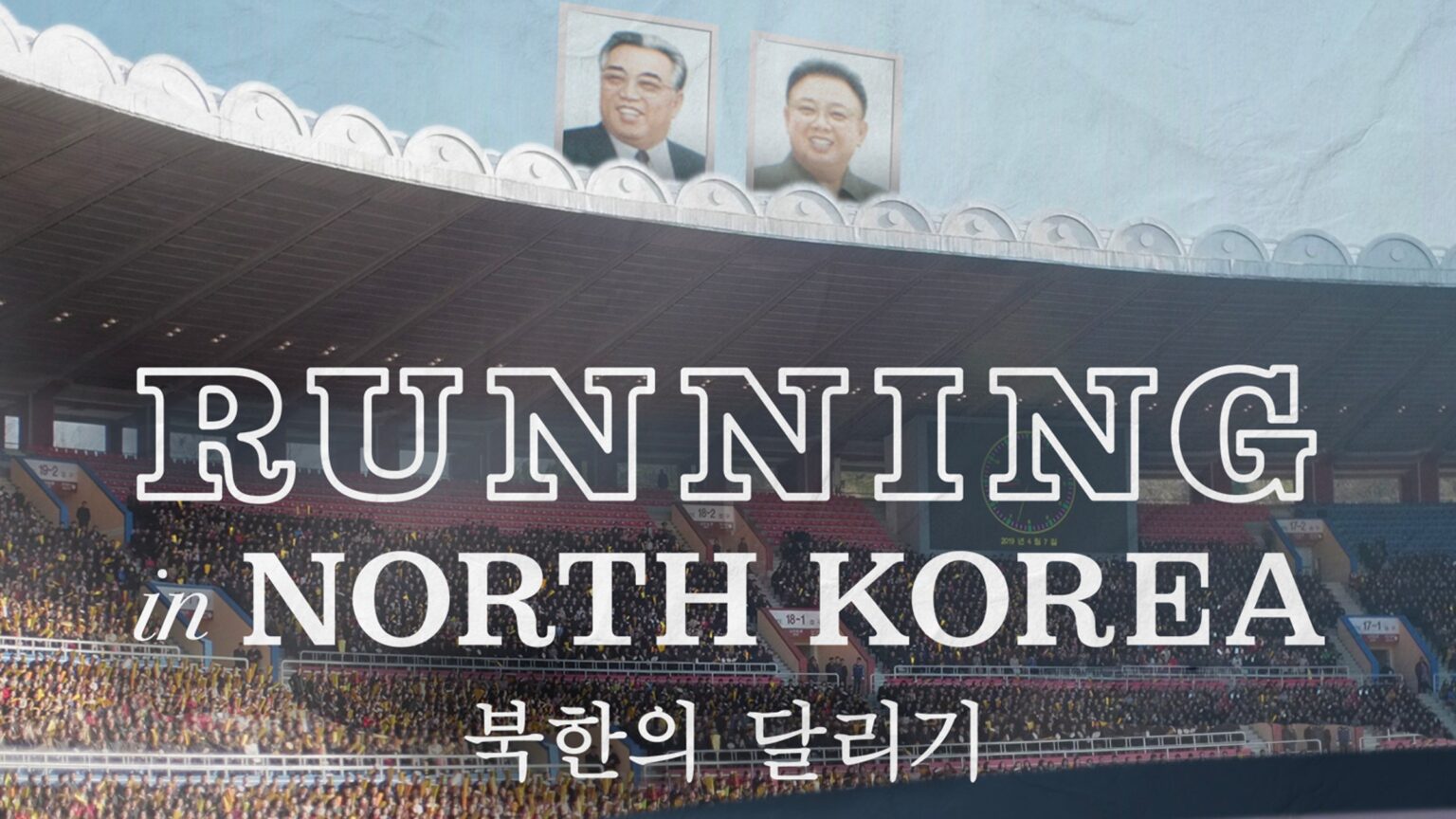Exploring the Pyongyang Marathon: A Unique Cultural Experience
On April 12, 2019, Kim Il-sung Stadium in North Korea’s capital transformed into a vibrant gathering spot as approximately 50,000 spectators dressed in dark jackets came together to attend the Pyongyang Marathon. This event stands out as the only marathon in the country that welcomes foreign competitors, creating a rare opportunity for cultural exchange in one of the most isolated nations in the world. The atmosphere was electrifying, with cheerleaders expertly leading crowds in synchronized clapping and rhythmic chants, all while athletes prepared to take center stage.
Cultural Observations During the Marathon
Among the international participants were notable athletes like Aimee Fuller, a British snowboarder and two-time Olympian, and Mirjam Jaeger, a retired Olympic freestyle skier from Switzerland. Fuller remarked that the ambiance was reminiscent of an Olympic opening ceremony, underscoring the unique blend of athleticism and political display that characterizes the event. Their experiences shed light on the simplistic yet fascinating nature of sports within the confines of North Korea.
The Documentary Offering Insight
Fuller and Jaeger’s journey in North Korea is captured in the documentary Running in North Korea, which premiered on September 24 on the Olympic Channel. The film chronicles the athletes’ experiences over the course of a week in Pyongyang, providing an intimate look at the intersection of sports and culture in a reclusive nation. The documentary’s director, Carl Hindmarch, faced unique challenges in filming, including limited access and a heavily controlled environment, making the insights presented within the film even more remarkable.
Unexpected Access to Sports Facilities
Hindmarch’s crew was unexpectedly granted access to various sports facilities, allowing them to interact with North Korea’s elite athletes—many of whom are celebrated as national heroes. The athletes, trained from a young age to bring glory to their country, often receive luxurious rewards for their achievements, such as high-status political positions or lavish residences. This dynamic illustrates the significant role sports play in North Korean society, where athletic victories are intertwined with national pride.
Remarkable Encounters on the Streets
Despite the surreal nature of their surroundings, Fuller and Jaeger had captivating experiences during their time in North Korea. While jogging through the streets, Fuller noticed a vehicle following closely behind, indicative of the constant monitoring foreigners face. Jaeger, constrained by restrictions, resorted to training within the confines of her hotel. Power outages disrupted their stay, often blamed on the influx of international guests overwhelming the local electrical grid. Such encounters painted a vivid picture of daily life in the country, illuminating the stark contrasts between the athletes’ realities and the perceptions of North Korea.
Taking Part in Sports as a Unifying Language
As the marathon approached, Fuller and Jaeger finally experienced the freedom of participation. The marathon route, which meandered alongside the Taedong River and through iconic landmarks such as Kim Il-sung Square, allowed them to engage with local spectators, breaking down the barriers that often separate cultures. Jaeger expressed her conflicting feelings during the race, acknowledging the disparity between what she had read about the nation and what she witnessed firsthand. This duality adds depth to their experience, highlighting the complexities of human interaction amidst political narratives.
The Transformative Power of Sports
Ultimately, the documentary portrays sports as a powerful unifying language capable of transcending cultural and political divides even in the most secretive regions of the world. The Pyongyang Marathon not only opened doors for foreign runners but also presented a platform for cultural dialogue that is seldom found elsewhere in North Korea. As the world continues to engage with this enigmatic nation, events like the Pyongyang Marathon emphasize the potential for shared experiences to foster understanding and connection, encouraging a more nuanced view of a country that is often shrouded in mystery.
